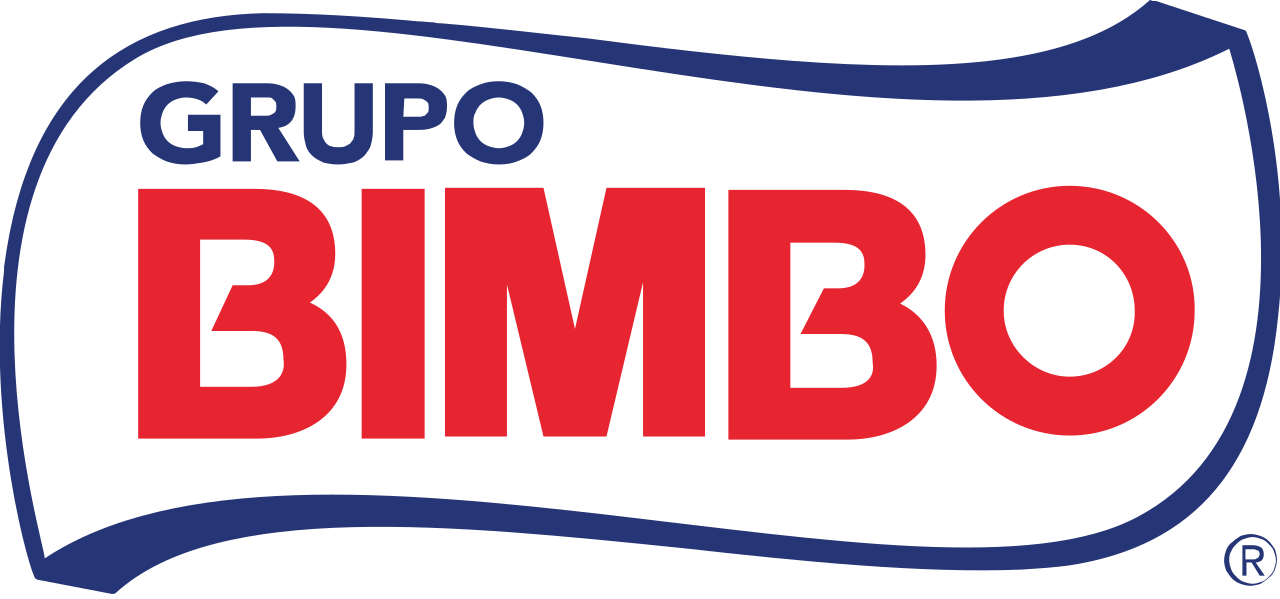Sustainable Sourcing
Sustainable Sourcing
The offerings on our menu meet the highest quality standards. We ensure this by constantly working to develop production processes that are environmentally friendly and respectful of animal health and welfare.
Each of our suppliers complies with the requirements set out in the Code of Conduct for Suppliers. This document includes our guidelines and fundamental principles in four areas:
Human rights: guidelines in accordance with the UN Declaration of Human Rights, which establishes freedom of association, labor practices, and fair and anti-discriminatory treatment, among others.
Work environment: ensure all employees receive communication and training on emergency plans and safe work practices.
Environmental management: our suppliers are responsible for managing, measuring and minimizing the environmental impact of their operations.
Business integrity: guidelines on assessments, anti-bribery practices, confidentiality, among others.
Our Initiatives
Sustainable Beef
We have taken on the responsibility of working with the beef industry to move it toward more sustainable production practices that protect the environment and promote animal welfare. Together with industry leaders, we are part of the main working groups to bring changes to the livestock sector.
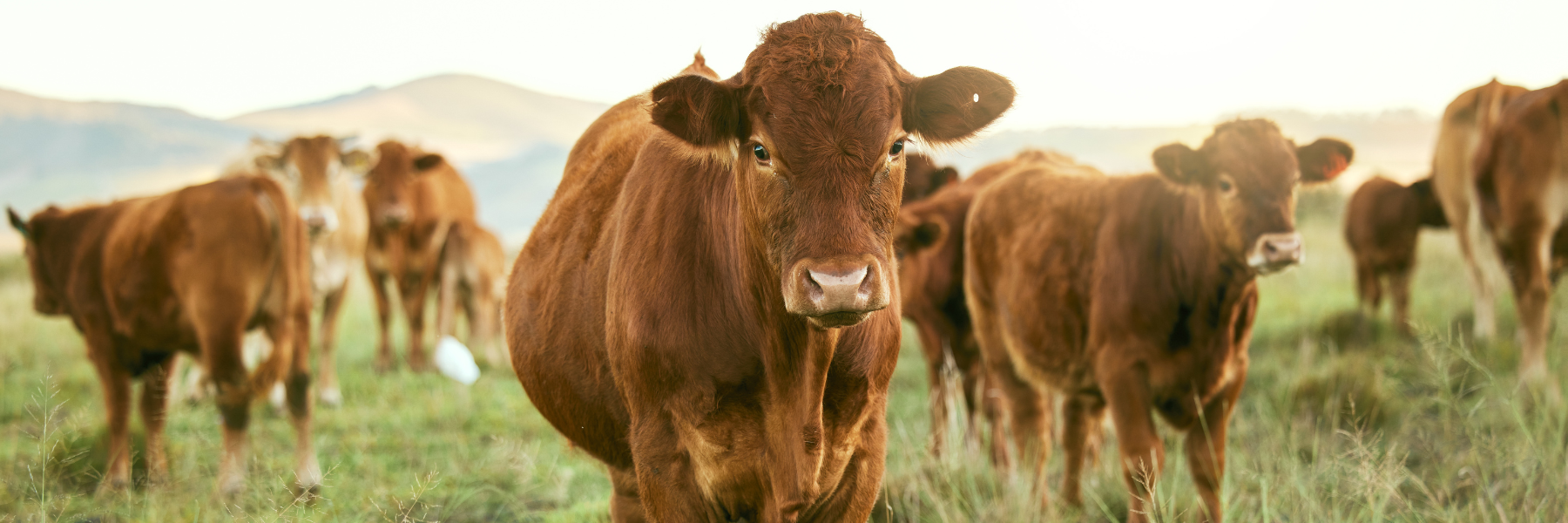
Our work over the years:
2011
![]()
Become a founding member of GRSB (McDonald’s Corporation).
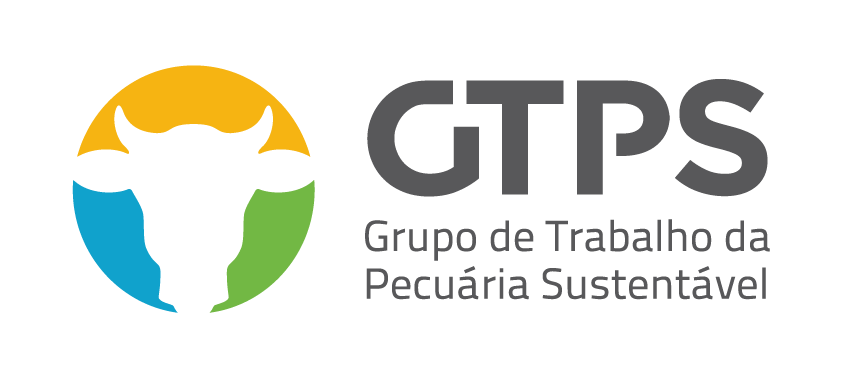
We began working alongside key industry leaders.
2016
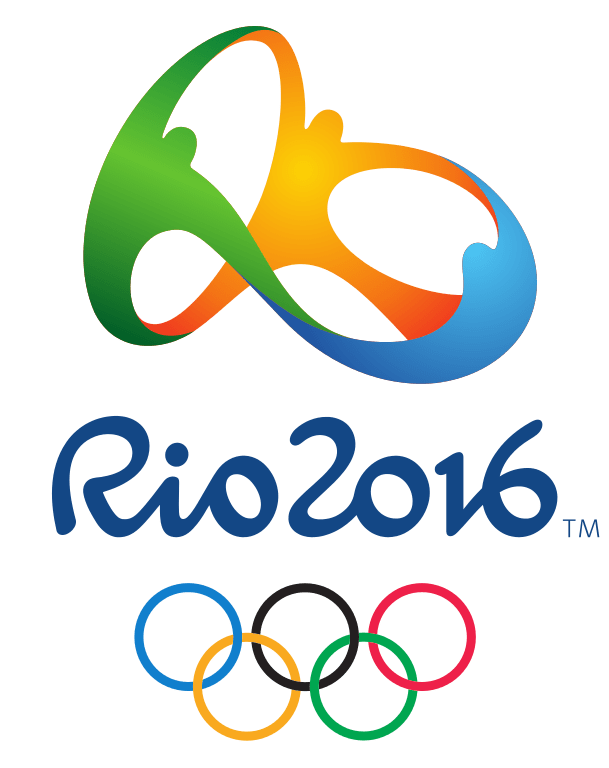
First quick service restaurant company to source sustainable beef.
2017
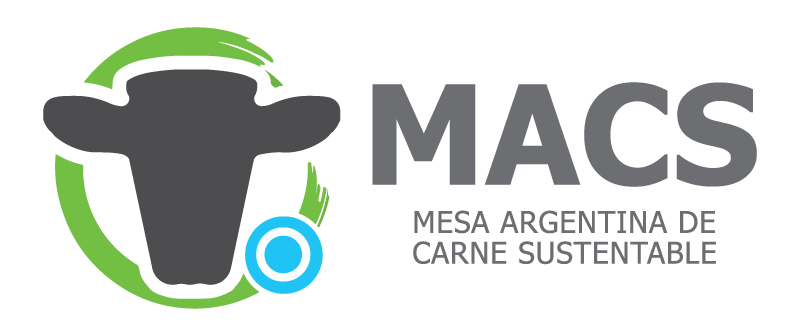
Promoted the creation of MACS and, in 2019, joined its Board of Directors.
2019
Quadrupled our sustainable beef purchases in Brazil.
2020
In Brazil we only serve beef sourced from suppliers that comply with the principles and criteria of the Global Roundtable for Sustainable Beef.
2022
In Brazil and Argentina, 100% of the origin of beef is monitored by satellite.
Deforestation
We are the only company in the industry that has developed and complies with a Deforestation Free Beef Sourcing Policy, which monitors and tracks all its beef, from the field to the customer’s table.
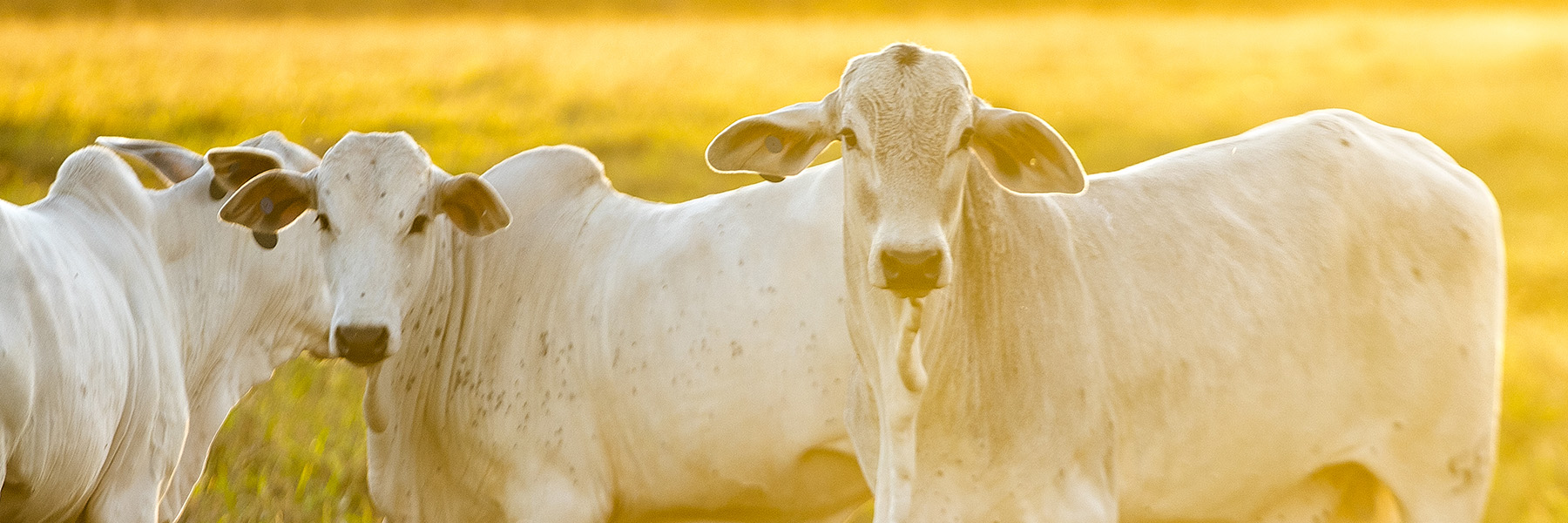
We work together with our suppliers and partners to ensure that we source raw materials that do not promote deforestation. Aligned with the criteria and objectives of McDonald’s “Commitment to Forests” we implemented our “Deforestation-Free Beef Sourcing Policy” beginning in 2018.
Our work over the years:
2007
McDonald’s Corporation implemented the “Moratorium on Soy in the Amazon”.
2009
We started working to prevent deforestation in the Amazon.
2013

Launched a partnership to monitor and trace the origin of beef in Brazil and Argentina.
2014
- Alignment with the New York Declaration for Forests (McDonald’s Corporation).
- Announced sustainable beef procurement goal (McDonald’s Corporation).
- Began working on the “Alta floresta” project in Novo Campo, Brazil.
2015
- Implemented the “Commitment to Forests” (McDonald’s Corporation).
- First visits to the project in Novo Campo, Brazil.
2016
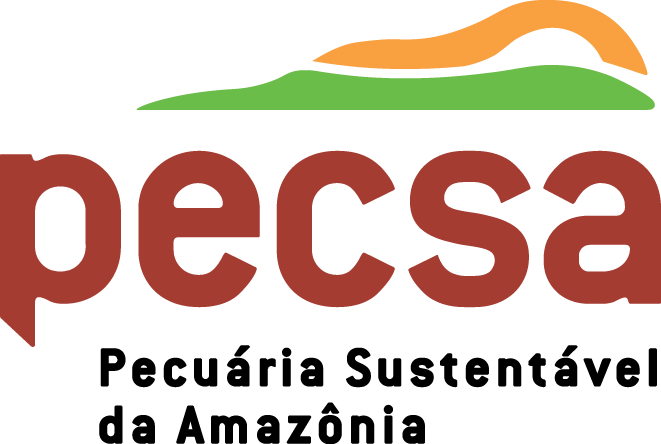
Formed a partnership for the purchase of the first batch of sustainable beef from the project in Novo Campo, Brazil.
![]()
Supported the development of the “Deforestation-Free Beef Sourcing Policy” (McDonald’s Corporation).
2017
- Formed the “Beef+Forests Working Group” with McDonald’s Corporation, AgroTools, Proforest, and our suppliers.
- Established lines of action for suppliers in the Cerrado region of Brazil.
- Joined the CDP Supply Chain Forests with McDonald’s Corporation as a founding member.
- Declared support for the Cerrado Manifesto along with other global companies (McDonald’s Corporation).
2018
- Implemented “Deforestation Free Beef Sourcing Policy” in Brazil and Argentina.
- Instituted a verification process for raw material sourcing from the Cerrado region of Brazil.
2020
Required verification that our beef comes from fields that prevent deforestation, both in Brazil and Argentina.
2021
99.7% of beef sourced from Argentina and Brazil complies with McDonald’s Deforestation-Free Beef Procurement Policy.
2022
99.92% of beef purchased in Argentina and Brazil from direct suppliers complies with the deforestation-free beef policy.
Implemented since 2018 and developed based on the McDonald’s system’s “Commitment to Forests”, our policy establishes the objectives and criteria that beef suppliers must meet in order to be a part of our supply chain:
- Zero deforestation
- No deforestation of primary forests or areas of high conservation value
- No development of forest areas with high carbon content
- Respect for human rights
- Respect for the rights of all communities
- Mediation of disagreements over land rights through a balanced and transparent process
- Verification of the origin of raw material production
- Supporting small producers, farmers, plantation owners and suppliers to meet this commitment
Implemented by the McDonald’s System in 2015, this commitment sets two clear goals to be achieved by all markets globally:
- Eliminate deforestation from all priority products (beef, fiber-based packaging, coffee, palm oil, and chicken)
- Eliminate deforestation from the entire supply chain by 2030
Animal Welfare
Among other actions, the Company made a commitment to source 100% cage-free eggs by 2025. In 2023 we took a big step forward, achieving a 100% cage-free system in the Brazilian, Costa Rican, Colombian and Peruvian markets, as well as other countries in the process of transition. Currently, 10.8% of our total egg consumption is already from cage-free hens.
“Cage-Free” is a poultry farming system that prioritizes animal welfare so that poultry can freely manifest a natural behavior. In addition, a controlled environment with a balanced diet is guaranteed, valuing the safety and protection of the birds.
Also, committed to the responsible use of antibiotics in chickens, in 2018 we phased out in Brazil the use of those antibiotics defined by the World Health Organization as critical to human health.
*Poultry, beef and pork slaughterhouses are audited annually by external auditing companies under the protocols of Good Production Practices, HACCP Standard, Traceability Requirements and Animal Health and Welfare Auditing Standards. All cattle slaughterhouses are audited under the BSE Firewall protocol and SWA Audit inspects all our protein suppliers. More details are available in the Social Impact and Sustainable Development Report.
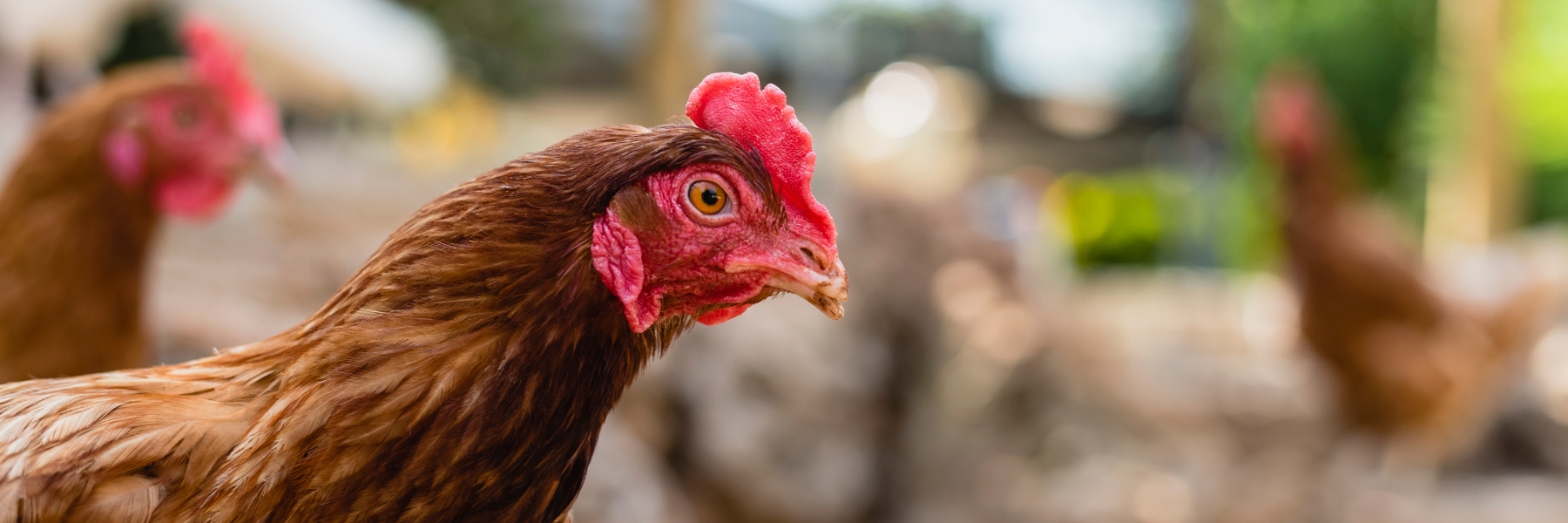
Action Guidelines:
 We audit the handling of each animal, the supply of antibiotics and other aspects according to the organization’s guidelines.
We audit the handling of each animal, the supply of antibiotics and other aspects according to the organization’s guidelines.
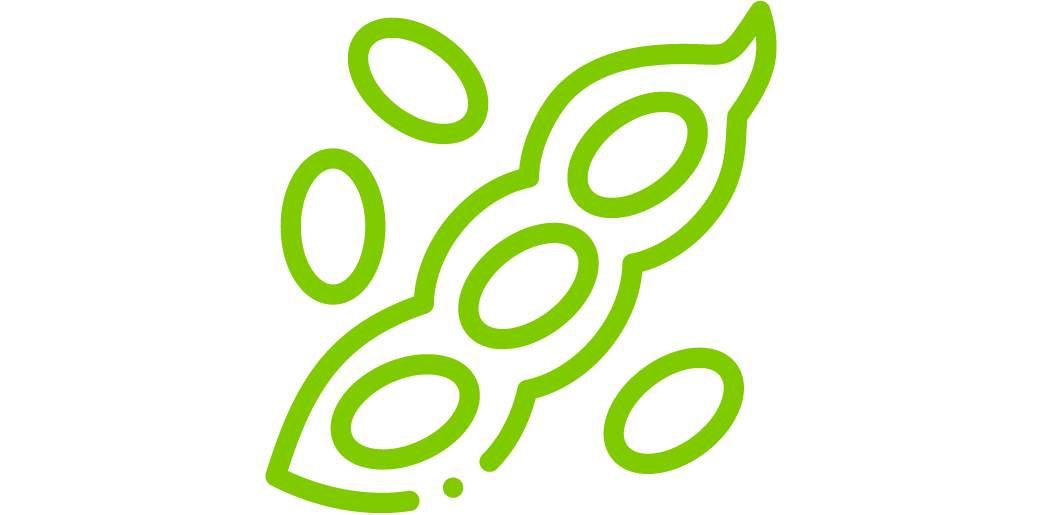 We promote the sustainable production of soybeans used for chicken feed.
We promote the sustainable production of soybeans used for chicken feed.
Our work over the years
1990
Developed a set of guiding principles for animal health and welfare worldwide.
2018
Eradicated the use of antibiotics in all chicken served in our restaurants in Brazil.
2019
Began purchasing eggs from cage-free production systems in Brazil (Cage Free Eggs).
Formed key partnerships with public commitments regarding the purchase of eggs from cage-free hens.
2020
Audited the animal welfare practices of 89 suppliers of meat, poultry, pork and laying hens.
2021
100% of our suppliers of beef, pork, poultry and egg-laying hens have been audited for their animal welfare practices.
2022
Costa Rica was the first country in the region to transition to cage-free eggs.
Flagship fields
We highlight the work of our producers who develop sustainable initiatives and offer training so they can share these practices with their peers.
Brazil Case Study
In 2018, Caio Penido inherited Fazenda Agua Viva & Fazenda Lago Azul. Together, the two farms cover 5,070 hectares (12,523 acres), with 62% of the land designated for agricultural production and the remaining 38% retained as a protected reserve. Caio’s objective is to ensure that the farm AND the native flora, fauna, and forests, thrive together, while maximizing the well-being of employees and the welfare of livestock.
“We recognize that innovation and constant improvement are vital to our success. We work constantly to discover and adopt new practices and technologies that can help us improve the sustainability of our business.”Certified sources
We ensure that our raw material suppliers carry sustainability certificates relevant to their sector.
Our Certified Raw Materials
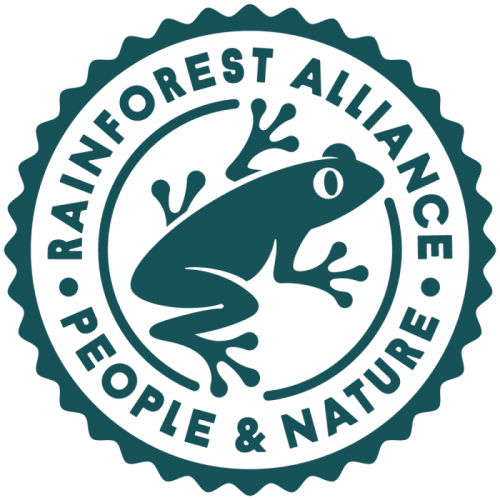 Coffee: 100% of our coffee comes from sustainable sources and is certified by the Rainforest Alliance, UTZ, Fair Trade USA or Fair Trade International Certification.
Coffee: 100% of our coffee comes from sustainable sources and is certified by the Rainforest Alliance, UTZ, Fair Trade USA or Fair Trade International Certification.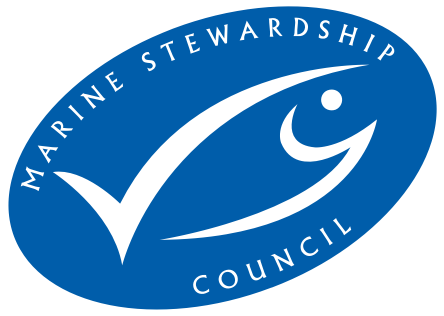 Fish: 100% of the fish served in Brazil, Costa Rica, Panama, Puerto Rico and the Virgin Islands is certified.
Fish: 100% of the fish served in Brazil, Costa Rica, Panama, Puerto Rico and the Virgin Islands is certified.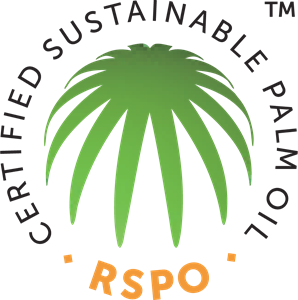 Palm oil: we do not use palm oil. The use by suppliers is 100% certified.
Palm oil: we do not use palm oil. The use by suppliers is 100% certified.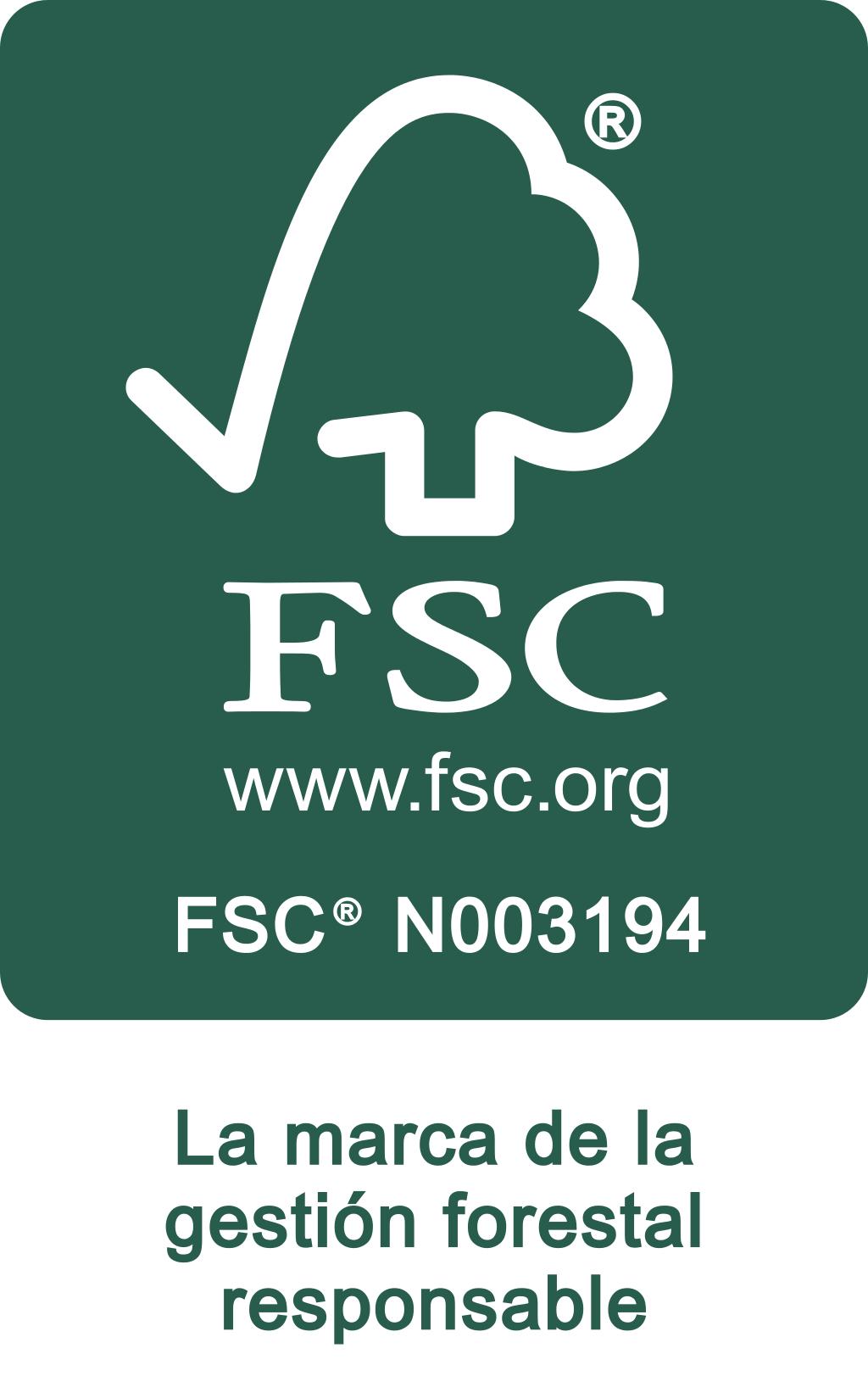 Packaging: we work to certify that our packaging comes from sustainable sources and complies with approved forest management practices. 100% of our fiber-based packaging comes from certified sources.
Packaging: we work to certify that our packaging comes from sustainable sources and complies with approved forest management practices. 100% of our fiber-based packaging comes from certified sources.
Our commitment to the future
Supply 100% of eggs from cage-free hens by 2025.
Eliminate deforestation from the entire supply chain.





